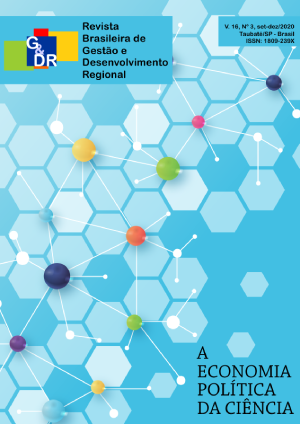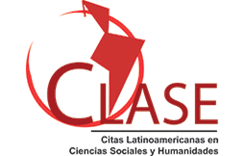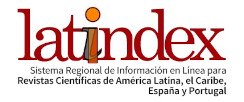THE FORMATIVE PROCESS BY ACTIVE METHODOLOGIES IN THE MEDICINE COURSE AT THE FEDERAL UNIVERSITY OF MARANHíO AND ITS IMPLICATIONS IN REGIONAL DEVELOPMENT
Keywords:
Management. Regional development. Education. Active Methodology. Medical trainingAbstract
The use of Active Methodologies in undergraduate courses has the principle of making the student a protagonist in his training process, expanding his autonomy and security in the decision-making process. In this sense, the Federal University of Maranhão (UFMA), in Imperatriz/MA, adopts the use of the Problem Based Learning (PBL) Active Methodology to readjust the curriculum of the Medicine course, according to the National Curricular Guidelines (DCN) of 2014. The initiative seeks to train doctors with a perspective focused on performance in the Brazilian National Health System (SUS).This research aimed analyze the application of the Active Methodology (PBL), its contribution to the UFMA Medicine course and the perspectives of contribution to the development of the regions in which the future doctors will be inserted. The theoretical-methodological basis adopted the qualitative approach, with documentary and bibliographic analysis, in addition to being based on data collection performed by semi-structured interview script, with recorded interviews and fully decoupled. For data analysis, from the transcription of these interviews, the questions answered were categorized according to the content analysis. The results showed that: the Pedagogical Course Project (PPC) of Medicine is in accordance with the DCN; in the student's perception, the systematic use of the PBL methodology stimulates autonomy in the training process, allowing an understanding of the applicability of the study; also highlights that the teaching and service integration promotes security, appropriation, knowledge of reality and of the main problems faced by the community, and because of this they could understand the role of the protagonists of change in the public health scenario. All the research made it possible to prove the importance of a formative education more committed to social concern, which contributes to regional development. In 2020, fifty new doctors, graduated by UFMA in a special graduation, have already works in SUS, due to the COVID-19 pandemic.Downloads
Published
2020-10-25
How to Cite
Nascimento, J. R. S., Galvão Júnior, L. da C., Carniello, M. F., & Nogueira, S. H. (2020). THE FORMATIVE PROCESS BY ACTIVE METHODOLOGIES IN THE MEDICINE COURSE AT THE FEDERAL UNIVERSITY OF MARANHíO AND ITS IMPLICATIONS IN REGIONAL DEVELOPMENT. Revista Brasileira De Gestão E Desenvolvimento Regional, 16(3). Retrieved from https://www.rbgdr.net/revista/index.php/rbgdr/article/view/5886
Issue
Section
Artigos
License
Authors who have their papers accepted and published in the Brazilian Journal of Regional Management and Development must agree to the copyright policy CC BY https://creativecommons.org/licenses/by/4.0/.
If the article is accepted for publication, the copyright is automatically assigned to the Brazilian Journal of Regional Management and Development.

















